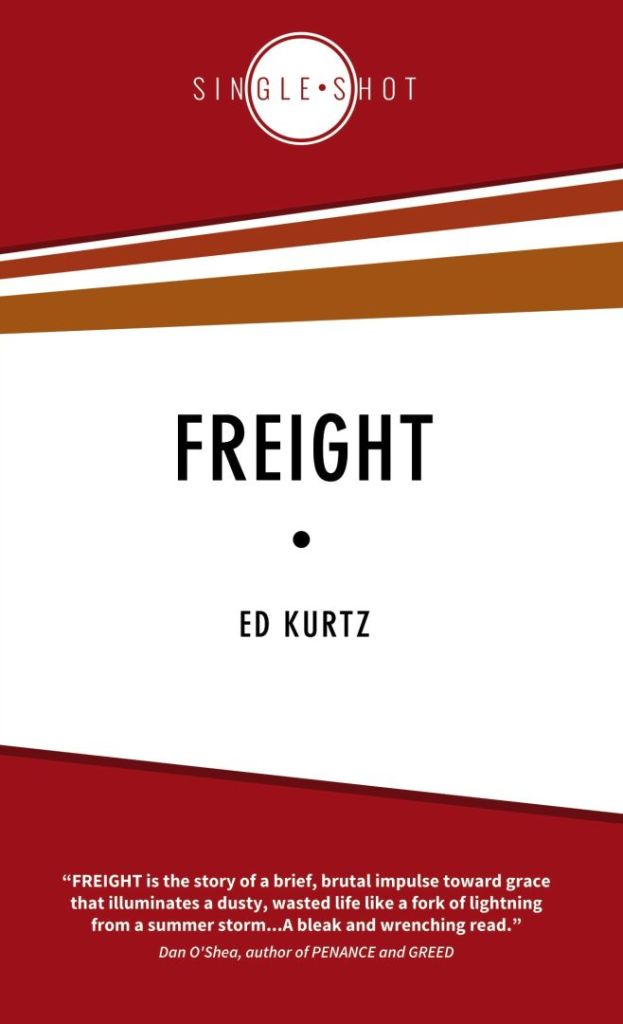It has been a while since I’ve posted here on Pulp Curry. This is because I’ve spent the last few weeks travelling in the US. I spent time in New York and Washington DC. I also visited the City of Brotherly Love, Philadelphia, the home of Edgar Allen Poe, David Goodis and, every two years, one of the most interesting literary festivals I have experienced, NoirCon.
NoirCon is not your common or garden-variety festival. No way. And that is a very good thing.
First of all, the focus is firmly on noir, mainly fiction, but also film, poetry or whatever (and that last category, ‘whatever’, encapsulates some pretty bizarre material). I’m not saying there’s not a place for broader events that include a wider range of contributors and crime fiction sub-genres. But it’s also great to sit in a room of people who are, for once, more or less, all on the same page in terms of their love of noir, and not have to feel you have to justify or explain the focus.
Second, although it’s not exactly an exclusive event, neither does it try to be any bigger than need be. I get the feeling that while organiser, Lou Boxer, does his best to come up with new presenters and topics, he’s happy for the event not to get out of control or stray beyond the noir remit.… Read more
























